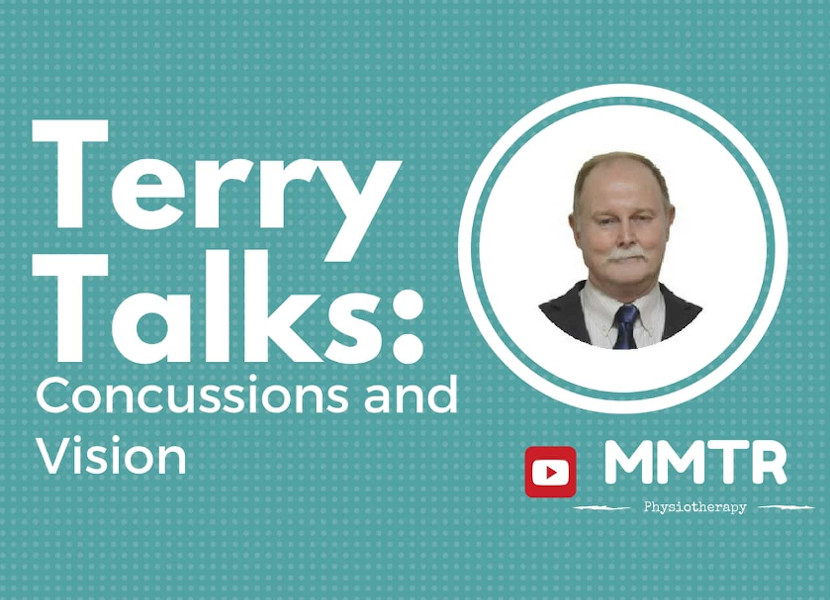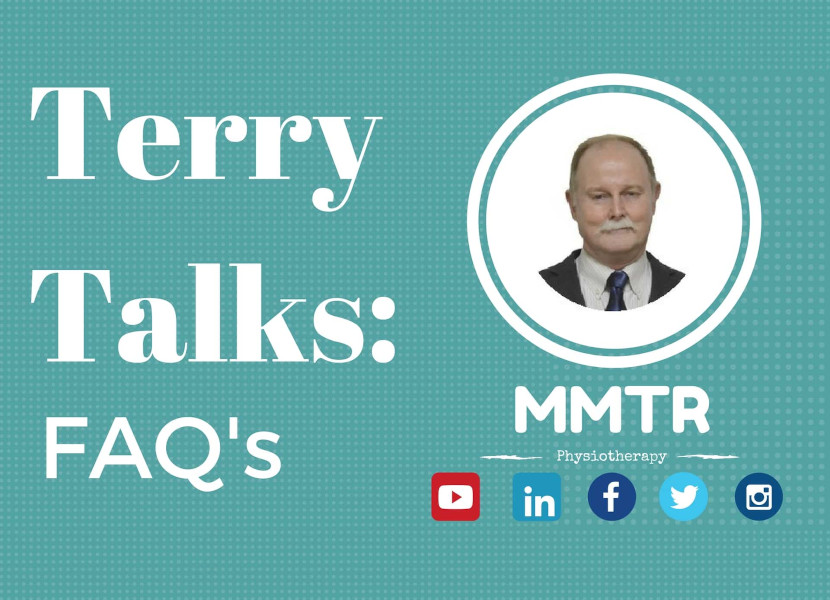Concussions, often considered minor traumatic brain injuries, can have a significant impact on daily life, especially during the recovery phase. While many individuals recover fully within a few weeks, some experience lingering symptoms known as post-concussion syndrome (PCS). This blog post aims to shed light on what PCS entails, how to recognize its symptoms, and strategies to overcome its challenges.
Understanding Post-Concussion Syndrome (PCS)
Post-concussion syndrome refers to a complex disorder in which various symptoms persist after the initial injury has healed. These symptoms can last for weeks, months, or even years, affecting physical, cognitive, and emotional well-being. While the exact cause of PCS isn’t fully understood, it is believed to result from structural damage to the brain or disruptions in neurotransmitter levels following the injury.
Common Symptoms of Post-Concussion Syndrome
Symptoms of post-concussion syndrome can vary widely from person to person. They may include:
- Headaches and Migraines: Persistent headaches that may vary in intensity and duration.
- Dizziness and Vertigo: Feeling off-balance or experiencing spinning sensations.
- Fatigue: Persistent tiredness or lack of energy, even after adequate rest.
- Cognitive Difficulties: Problems with memory, concentration, and decision-making.
- Sensitivity to Light and Noise: Heightened sensitivity to stimuli such as light and sound.
- Sleep Disturbances: Difficulty falling asleep or staying asleep.
Coping Strategies for Post-Concussion Syndrome
Living with post-concussion syndrome can be challenging, but there are strategies that can help manage symptoms and improve quality of life:
- Rest and Recovery: Allow yourself adequate time to rest and avoid activities that exacerbate symptoms.
- Gradual Return to Activities: Once symptoms begin to improve, gradually reintroduce activities such as work or exercise, while monitoring for symptom flare-ups.
- Cognitive Rehabilitation: Engage in activities that stimulate cognitive functions, such as puzzles or reading, to help improve memory and concentration.
- Stress Management: Practice relaxation techniques such as deep breathing, meditation or prayer to reduce stress, which can worsen symptoms.
- Healthy Lifestyle Choices: Maintain a balanced diet, stay hydrated, and avoid alcohol and tobacco, which can negatively impact recovery.
- Seeking Support: Connect with healthcare professionals who specialize in treating concussion and PCS. At Moore MyoWorx, our team of experts specializes in concussion treatment and we can provide personalized guidance and support throughout your recovery journey.
When to Seek Medical Help
If you or someone you know experiences symptoms of PCS that worsen or do not improve over time, it is crucial to seek medical attention promptly. A healthcare provider can conduct a thorough evaluation, recommend appropriate treatments, and rule out other potential causes for the symptoms.
How Moore MyoWorx Treatments Can Help
A concussion affects the brain, cranial nerves, and muscles of the neck and upper back. Our concussion treatments address specific muscles to improve blood flow to the brain and relieve pressure on cranial nerves to eliminate post-concussion symptoms. At Moore MyoWorx, we give patients the knowledge and tools needed to navigate the post-concussion journey.
Beginning with our thorough initial assessment, you will be taken through numerous tests measuring the range of motion and strength of your neck, shoulders, back and arms. These tests indicate the limitations in certain muscles caused by the injury. Other tests include an assessment of balance, cognition, visual function and cardiovascular endurance to help pinpoint the involvement of key physiological systems underlying your PCS symptoms.
Our treatments consist of the MyoWorx TM20 device combined with targeted exercises and muscle release techniques. This provides you with the tools to address the root cause of concussion symptoms and teaches you how to eliminate PCS symptoms. Developed and patented by Terry Moore, this one-of-a-kind device and exercise protocols precisely target the muscles involved in a concussion injury.
Conclusion
Navigating life after a concussion, particularly when dealing with post-concussion syndrome, requires patience, understanding, and proactive management. By recognizing symptoms early, adopting coping strategies, and seeking professional help when needed, individuals can enhance their recovery and gradually return to their normal activities.
Remember, every concussion is unique, and recovery timelines can vary. It’s essential to listen to your body, prioritize your health, and seek support from healthcare professionals and loved ones as you embark on the path to recovery from post-concussion syndrome. With time and appropriate management, many individuals can successfully overcome the challenges posed by PCS and resume a fulfilling life.





